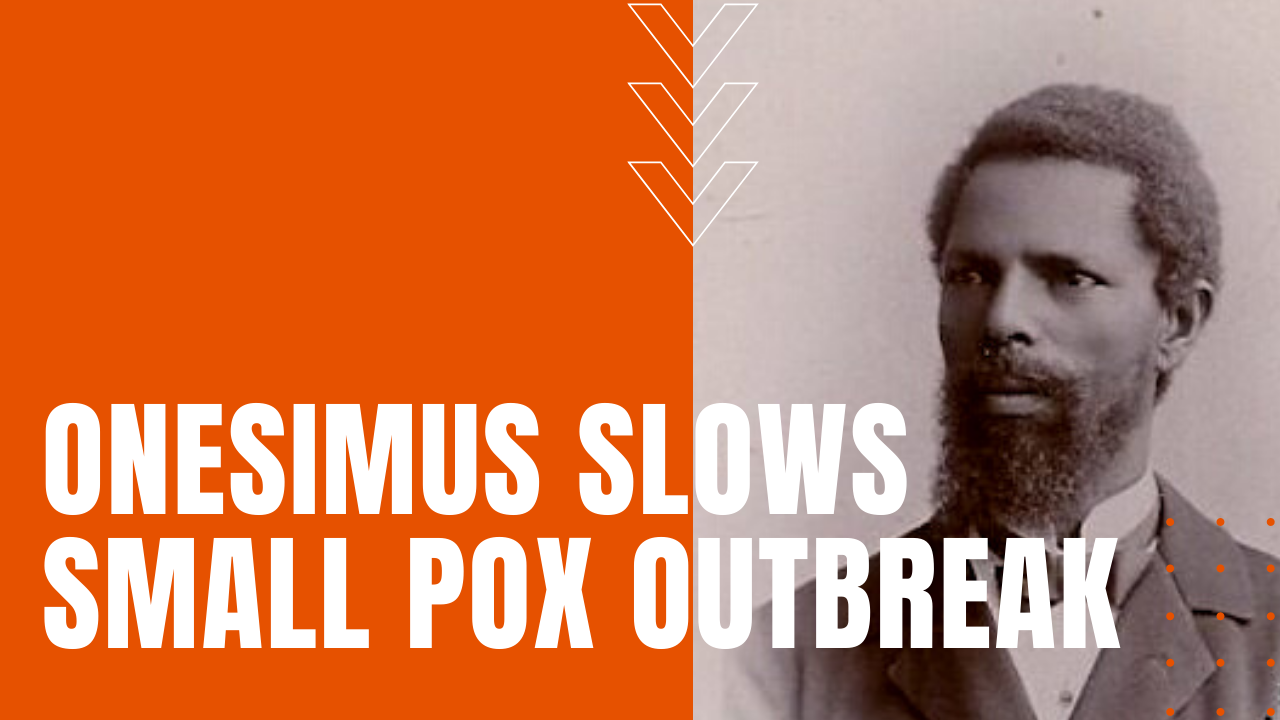Enslaved Onesimus Brings Smallpox Relief to the American Colonies

In the early 1700s, almost a century before Edward Jenner gave birth to the concept of vaccination, smallpox outbreaks raged in recurrent waves throughout the American Colonies.
In Massachusetts alone, Bostonians saw smallpox arrive in foreign cargo ships on a regular basis, yet authorities could do little more than quarantine those suspected of exposure while treating those who were actively sick.
Onesimus Educates on Variolation
That all changed thanks to the wisdom passed on from Onesimus, an African slave purchased by influential Boston minister, author and pamphleteer, Cotton Mathers, who purchased Onesimus back in 1706. Made famous for his direct involvement in the Salem Witch Trials of 1692 to 1693, Mathers took a sincere interest in Onesimus as a man and frequently conversed with him on a broad range of topics.
During what would become the worst smallpox outbreak in Boston’s history, in 1721, when nearly half of Boston’s population was stricken by smallpox, Mathers asked Onesimus if he had ever had smallpox back in Africa. Onesimus responded by telling Mathers about the practice of variolation, which was widely practiced by Africans and Asians at the time to control the transmission of infectious diseases.
Onesimus went on to explain how physicians would collect discharge from the open sores of smallpox patients, delivering a small amount of the exudate into an incision made on a healthy person’s arm, thereby stimulating that person’s immune system to sufficiently defend itself against an all-out exposure to the smallpox virus, known today as Variola major.
Cotton Mathers Heeds Onesimus’ Advice
Mathers began researching variolation, soon discovering that the practice was so effective in conferring immunity, that African slaves sold in Massachusetts at the time were deemed to be more valuable if they bore the scar of variolation.
When Mathers proposed variolation to the Boston public at large, pushback was swift and oftentimes personal, as townsfolk accused Mathers of tampering with God’s judgement. That is until physician Zabdiel Boylston inoculated his own son and the slaves in his possession.
When the good doctor shared his results—1 death out of 40 patients, opposed to 1 death out of 7 in the unvariolated general public—Puritan Bostonians began to shelf their religious dogma in favor of the added protection of smallpox variolation.
